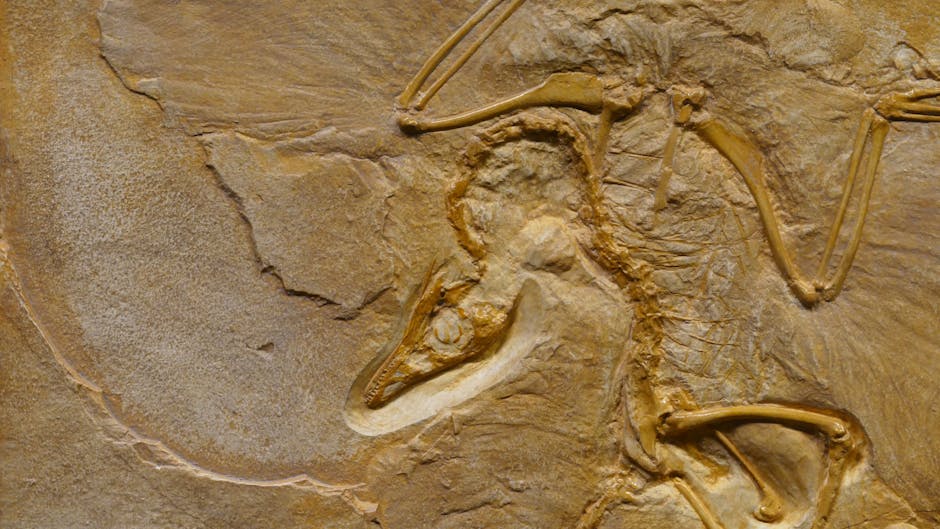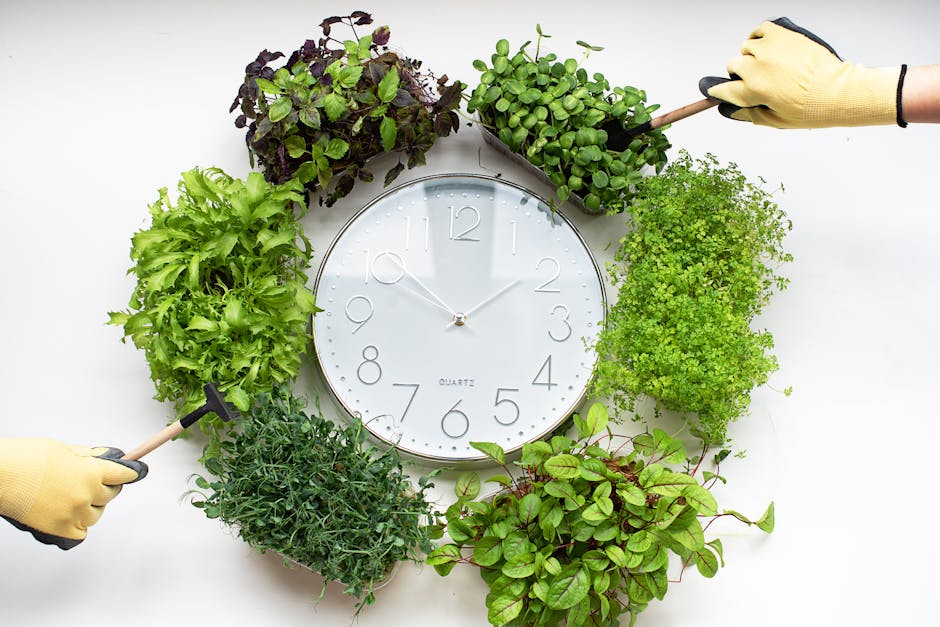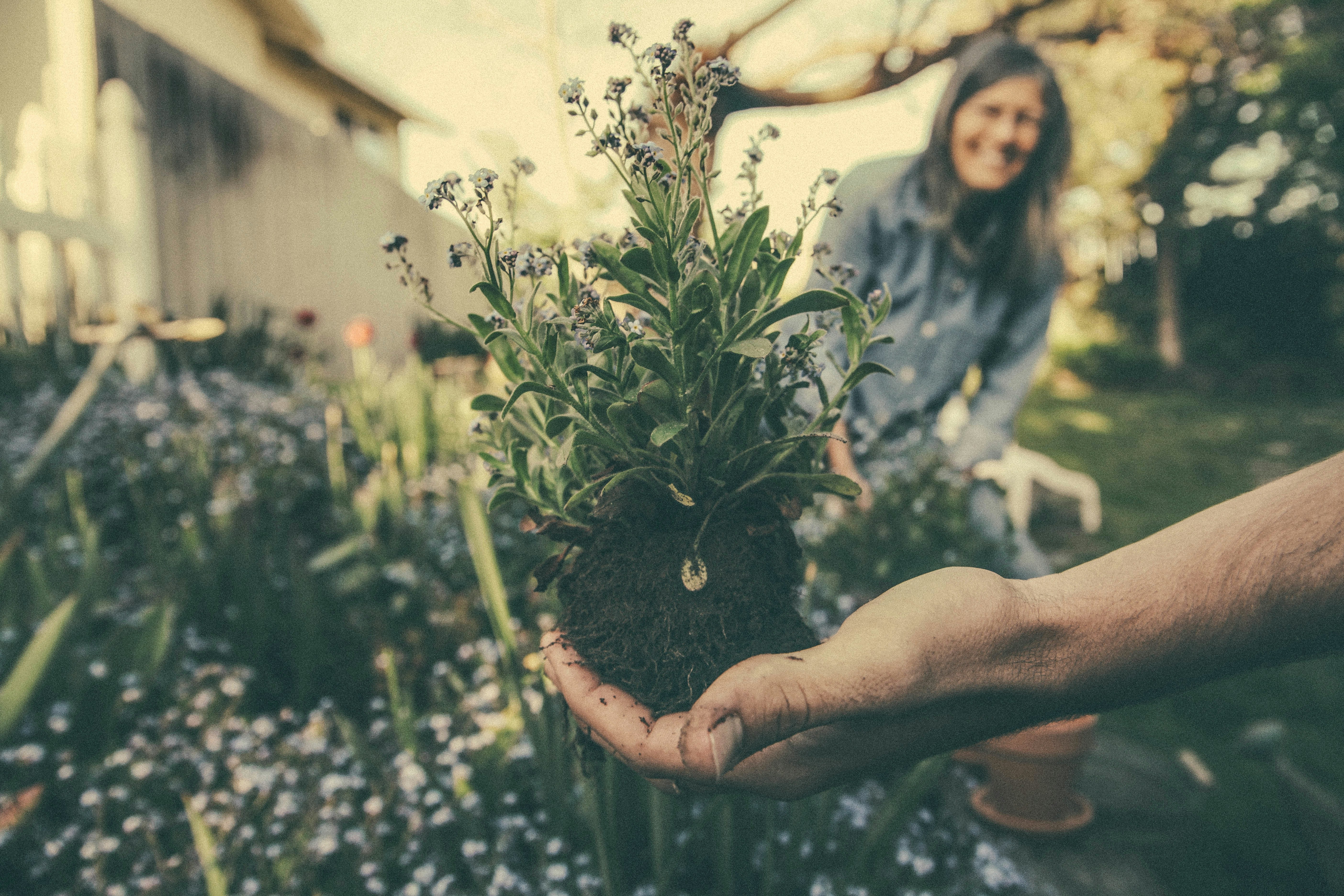Rediscover Ancient Remedies: Herbal Allies for Modern Health
Throughout history, herbs have been at the forefront of healing practices across various cultures. While modern medicine has provided us with incredible advancements, there's an underlying treasure trove of ancient herbal remedies that remain influential yet underappreciated in today’s holistic landscape. In this article, we will explore forgotten herbal allies, delving into their historical significance, the current scientific research backing their health benefits, and practical ways to integrate these herbs into your daily wellness routine. As we navigate through this exploration, you’ll gain fresh insights into holistic healing and natural wellness strategies that could transform your health journey.
The Historical Significance of Herbal Healing
Herbs have served humanity for millennia, featuring prominently in traditional medicine systems like Ayurveda, Traditional Chinese Medicine (TCM), and Native American healing practices. For example, plants like Ashwagandha and Ginseng have been staples in their respective cultures for centuries, praised for their adaptogenic properties that help the body manage stress effectively. According to research published in the Journal of Ethnopharmacology, many of these time-tested herbs not only hold historical significance but are also being validated through modern scientific studies.
But what about the lesser-known herbs? Plants like Plantago major (Plantain) or Arctium lappa (Burdock Root) often find themselves overlooked in the annals of modern herbalism, yet these are brimming with potential to enhance our health today. By rediscovering the power of these plants, we can diversify our wellness routines and harvest the benefits of herbal allies long forgotten.
Rediscovering Forgotten Herbal Allies
1. Plantago Major (Plantain)
Often seen as a common weed, Plantago major has been used for centuries as a natural remedy for various ailments, thanks to its high content of vitamins A, C, K, and antioxidants. Traditionally, it was employed to soothe inflammation and heal wounds. Recent studies have shown promising results in its potential as a cough suppressant and a remedy for respiratory conditions, making it a fantastic candidate for your herbal repertoire.
To incorporate Plantago major into your daily routine, consider brewing it as a tea or using its leaves in salads. This not only boosts your nutrient intake but can also enhance digestive health, facilitating an all-natural wellness regimen.
2. Burdock Root
Another ancient gem, Burdock Root, has roots in both Culinary and Herbal traditions. Historically, it has been utilized for its blood-purifying properties and its ability to support liver function. Burdock is rich in inulin—a prebiotic fiber—that fosters gut health and aids digestion.
Consider making a delicious vegetable stew that features Burdock Root, or try it pickled as an added probiotic-rich side. Both methods offer unique pathways to integrate this herb into your diet and can substantially contribute to your overall health.
3. Holy Basil (Tulsi)
Renowned in Ayurvedic medicine, Holy Basil, or Tulsi, is celebrated for its adaptogenic qualities that promote mental clarity and reduce stress. Research from the National Institutes of Health (NIH) highlights its efficacy in regulating cortisol levels, aiding in stress management.
This sacred herb can be integrated into your wellness routine as a tea, or you could add fresh leaves to smoothies or salads for an antioxidant boost. The flavor is pleasantly peppery and can enhance a variety of dishes while benefiting your mental well-being.
Scientific Backing for Ancient Remedies

As we embrace these herbal allies, it's essential to look at the modern research validating their benefits. The shift towards natural remedies is not just a trend; it's supported by emerging studies. For example, a comprehensive review on the impact of herbal medicine, published in the Journal of Herbal Medicine, indicates that many underutilized herbs possess potent effects on overall health.
When choosing to incorporate these herbs, sourcing high-quality products from reputable suppliers is crucial. This ensures that you’re benefiting from their medicinal properties without unnecessary contaminants.
Practical Ways to Use Herbal Remedies

Now that we've unveiled some powerful herbal allies, let’s explore practical integration into your daily routine:
-
Infusions and Teas: Brew herbal teas using dried leaves or roots as a comforting ritual. Infusions are a gentle way to reap the health benefits while savoring the rich flavors.
-
Tinctures: For a more concentrated form, consider tinctures. These are extracts of herbs in alcohol or glycerin, making the medicinal properties more potent.
-
Culinary Uses: Incorporating herbs in cooking not only enhances flavor but can also transform meals into health-boosting elixirs. A tasty spread featuring Burdock Root or Plantain pesto could revolutionize your approach to mealtimes.
-
Topical Applications: Plantain leaves can be made into poultices for soothing skin irritations, showcasing the versatility of these plants.
-
Mindful Consumption: Participate in rituals surrounding herbal consumption that encourage mindfulness. Techniques such as meditation while enjoying your herb-infused tea or studying the history behind each herb can deepen your appreciation and understanding.
Connecting with Nature: A Holistic Approach

Embracing these herbal allies goes hand-in-hand with other natural wellness techniques. Consider pairing herbal use with practices such as aromatherapy or sound healing, which can reinforce your health journey. Read more about how aromatherapy can elevate emotional resilience and enhance your experience with herbal allies.
Additionally, those interested in holistic practices might want to explore mindfulness techniques that complement the use of herbs. Mindfulness techniques, for instance, can help you cultivate a deeper connection with the processes of healing and self-care.
The Future of Herbal Allies

The modern wellness movement is revisiting herbal remedies with respect and analytical rigor. Contemporary practitioners and wellness enthusiasts are diving deep into traditional knowledge while embracing evidence-based practices. The shift is exciting—together, we're carving pathways to redefine health and wellness in our lives.
Herbs like Ashwagandha and Ginseng might receive the spotlight, but let's not forget their lesser-known companions that deserve recognition and respect. Integrating these herbs into your life is not just about physical health; it is also a way to cultivate a deeper connection with nature and stay rooted in ancient wisdom.
Final Thoughts
As you explore the world of herbal allies, let curiosity guide your journey. Each herb tells a story of ancient cultures and their healing wisdom. The healing powers of these plants can enrich your health and wellness routine while connecting you with nature's age-old rhythms.
Take small steps towards integrating these herbal allies into your life. Experiment with teas, tinctures, and culinary adventures to discover what resonates with you. Embracing these often-overlooked allies will not only diversify your approach to health but can also reinvigorate your path to holistic wellness.
Let this journey be an awakening—a chance to rediscover the power of forgotten herbal allies.








